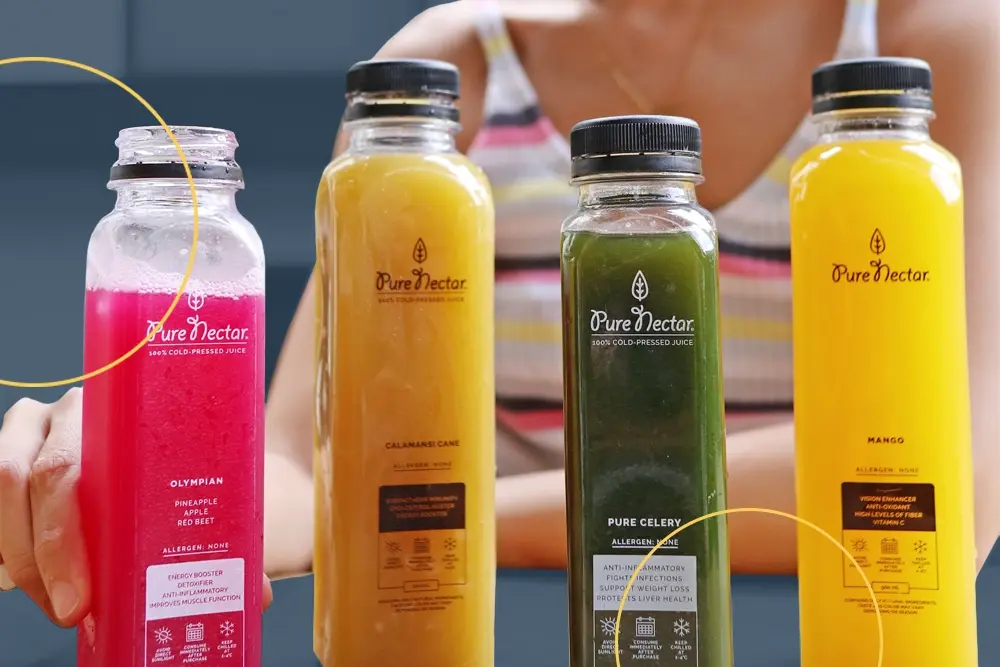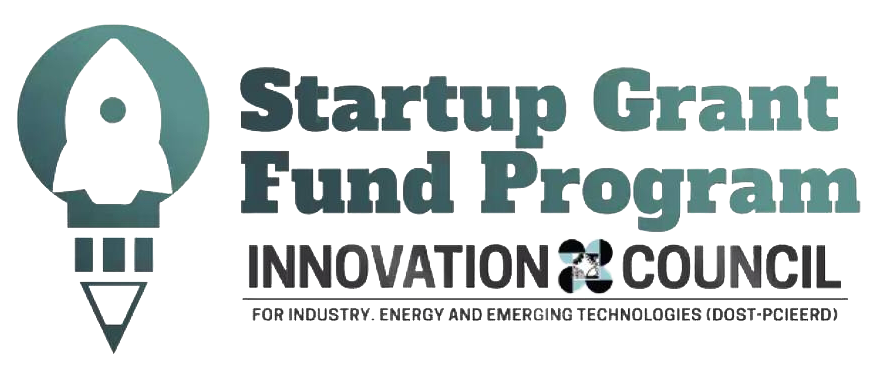
The Philippines is known for many things. The undying rich cultural heritage, beautiful & cheap tourist destinations, its natural wonders, the welcoming friendliness of the Filipino people and much more. One thing that stands out among the Philippines is its delicious cuisine that would definitely tickle your taste buds. Filipino cuisine is popular around the world and I am sure you’ve heard of Adobo, Sinigang, Kare-Kare, and many more Filipino dishes to die for. Food is a staple around the world and we consume it almost everyday to supply our body the energy we need or for savoring and enjoying the art and flavor of food. Which leads to the point that the B2B food industry in the Philippines is one of the most highly competitive industries you can enter, due to the perishability of the food products and high-demand from consumers. In this article, we will talk about the B2B food industry in the Philippines along with its opportunities, challenges, and solutions that will help you whisk through the B2B food industry in the Philippines.
What is B2B
Business-to-business or its shorter term B2B is a transaction of sales between businesses to businesses on certain products or services. Usually in a B2B transaction, you can bulk purchase goods, products, and services with quantity discounts. So basically, the more you buy, the more discounts you can get. B2B purchasing or procurement is a great way for businesses to get products for cheaper price with the capability of maximizing resources to produce more profit.
B2B Food Industry in the Philippines
For the food industry, B2B transactions of sales between a food supplier and a food business. Examples of these food businesses are usually restaurants and cafes, food trucks, catering businesses, groceries and supermarkets, meal delivery services, food, bakeries, food manufacturers, and food and beverage franchises.
Exploring Products in the B2B Food Industry in the Philippines
From fresh produce to ready-to-eat meals, the B2B food industry in the Philippines has a wide range of perishable goods and products to offer. Here are some examples of products in the B2B food industry in the Philippines you can buy in bulk:
- Dairy products (Milk, butter, cheese, etc.)
- Snacks and nutrition (Protein bar, granola bars, nuts, etc.)
- Baking and confectionery (Cakes, cookies, flour, breads, etc.)
- Ready-to-eat meals
- Fresh produce (Fruits & Vegetables)
- High-quality protein (Chicken, beef, pork, fish, etc.)
- Canned goods
- Processed food
- Ingredients (Spices, cooking oils, condiments, etc.)
- Food packaging & materials
- Beverages
Trends and Opportunities in the B2B Food Market in the Philippines
The B2B food industry opens opportunities for consumers and suppliers to scale their businesses effectively and efficiently. With the help of technological advancements and innovative business models and strategies, business-to-business transactions and relationships have opened a new world of possibilities for the B2B food industry in the Philippines.
- Convenience
Convenience is becoming increasingly more important to consumers and businesses that can provide food on-the-go meals and convenient options are more likely to succeed in the food industry. For your average consumer, it would be time-consuming to cook meals for their day-to-day schedules. And with the rise of food delivery applications such as Foodpanda and GrabFood, more and more Filipinos are more likely to order on busy weekdays which keeps a healthy amount of demand from day-to-day busy consumers. The B2B food industry in the Philippines can take convenience as an opportunity to push more sales due to the everyday demand for food orders and deliveries from fast food chains, restaurants, small businesses, and many more.
- Health and Wellness
Filipinos are at higher risk of hypertension, diabetes, and heart disease due to a poor balanced diet of carbohydrates, high sodium food from highly processed food selection, and high cholesterol from trans fats. With more and more Filipinos becoming aware of what they eat from nutritional contents, Filipinos are leaning towards healthier food diets and products such as high quality protein, healthy fats, and the right amount of carbohydrates. As a business in the B2B food industry in the Philippines, leaning towards healthier food options that promotes a balanced diet is a great angle to market your products, goods, and services towards small food businesses that support healthy food options.
- Consumer Purchasing Habits
The pandemic changed the way people consume food. With strict regulations and lockdowns, consumers would purchase and consume food products that have a longer shelf life since going out for groceries often would expose consumers to the COVID-19 virus. Now that the COVID-19 is nearing the end, people and consumers are returning to purchasing fresh produce and non-processed meats. This has shifted the B2B food industry with the sudden change of consumer behavior and with the tools and technology of B2B food eCommerce, your business can easily adjust to the trends, opportunities, and shifts in consumers purchasing habits.
- Ecommerce
Ecommerce has opened opportunities for every business industry, especially in the B2B food industry. Ecommerce allows any type of businesses to sell their products, goods, or services directly to consumers or even businesses which makes acquisition of products easier and faster. Utilizing B2B eCommerce for your food business in the Philippines allows you to buy and sell food products in bulk with large quantity discounts.
Challenges in the B2B Food Industry in the Philippines
- Lack of local support
Unfortunately, the local produce and farming industry in the Philippines is underappreciated, undervalued, and underdeveloped due to the lack of support for the agricultural sector. In addition, the lack of modern technology and farming practices also plays a role which can lower crop yields, reduced profitability, and slower supplies which makes it difficult for local farmers to stay competitive in the food market in the Philippines. It can impact the supply chain of poultry, grains, vegetables, fruits, and many more in the country. The agricultural sector is one of the largest employers in the Philippines which plays an important role in providing food in the country.
- Food price inflation
Another challenge facing the B2B food industry in the Philippines is the food price inflation. In correlation with the lack of local support of produce and farming in the Philippines, food staples such as rice, corn, pork, beef, chicken, onions, and many more are being imported which can explain the food price inflation.
- Price volatility
Price food volatility is another challenge that can be considered in the B2B food industry. Price volatility is mainly caused by catastrophic weather events especially around June-September which can destroy a lot of crops, grains, and produce. Extreme weather conditions can heavily affect and lessen crops and produce supplies which become more expensive around the rainy season.
- Supply chain disruptions
Fresh produce is a perishable commodity which means it has less shelf life which makes it more important to supply chain management. Perishable goods are more vulnerable such as delivery delays and product spoilage, which can cause short-term supply shortages for consumers and businesses.
- Infrastructure limitations
Infrastructure limitations can pose challenges to the B2B food industry in the Philippines. Major infrastructure challenges are the lack of modern transportation systems and storage facilities which makes it difficult for farmers to deliver and keep products fresh to the market, resulting in food spoilage and lost revenue. Without access to the right storage facilities, quality of produce and food products won’t be at best or even spoil even before it reaches the market.
Solution for the B2B Food Industry in the Philippines
- Buy in bulk quantities
Utilizing B2B in the food industry in the Philippines can put your business in an advantageous position which lessens your worries from supply shortages, food spoilage, and wasted goods. Buying produce and goods in bulk quantities can allow your food business to avoid price volatility, keep products fresh, keep your supplies stocked up, and get food supplies at a much cheaper price to maximize profit.
- Get perishable products delivered on time
Getting a regular or premium delivery service schedule for your goods is an advantage in the B2B food industry in the Philippines. Making sure all of your produce deliveries arrives on time, quality of produce is exceptional, and no shortage of supplies can help you stay ahead of the competition.
- Utilize technology for produce ordering
Utilizing data-driven decision making for your food business in the Philippines can allow you to be more accurate and in control of your orders, deliveries, and supply management.
B2B eCommerce Marketplace in the Philippines for the B2B Food Industry

The B2B food industry in the Philippines is quite an overwhelming business to be in. There are a lot of factors considered such as food shelf life – which makes it more critical for deliveries to arrive on time, price volatility, and supplies aren’t as secure due to external factors. Another thing to mention is the high-demand for perishable food products. One way to stay ahead of the B2B food industry is to streamline your food business by joining a B2B eCommerce platform in the Philippines, Shoppable Business.
Shoppable Business is a marketplace made for B2B for all businesses in all industries.
Shoppable Business can help your business buy food products in bulk with quantity discounts, get same-day to two days deliveries around Metro Manila to ensure fresh ingredients all the time, set-up premium schedule deliveries, and overall streamline your food business with effortless online business management.
If you’re a food supplier, you can tap into the B2B food industry market in the Philippines and get access to a wide range of online tools such as setting up your own eCommerce store, single brand registry tools, automated quotation for bulk buyers, issue invoices for every purchase, and apply for business financing to expand your business without upfront capital.
Why Become a Seller in Shoppable Business
- Access to a large customer base – giving businesses an opportunity to expand their reach and increase sales
- Increased visibility and brand awareness – a platform for businesses to showcase their products/services and potentially attract new customers
- BNPL (Buy now, Pay later) – grow your ASP; buyers/companies can apply for loans up to ₱150,000.00
Why Become a Buyer in Shoppable Business
- Wide product selection from different categories – a one-stop-shop solution for businesses’ procurement needs
- Save company time and money – Customized orders, RFQ for specific quantities, bundles, configuration, Track their orders, view purchase history
- Need it now but limited budget – Buy Now Pay Later – apply and get up to ₱150,000.00
Join Shoppable Business as a buyer or a seller today and we’ll help you with whatever you need in the B2B food industry in the Philippines!









